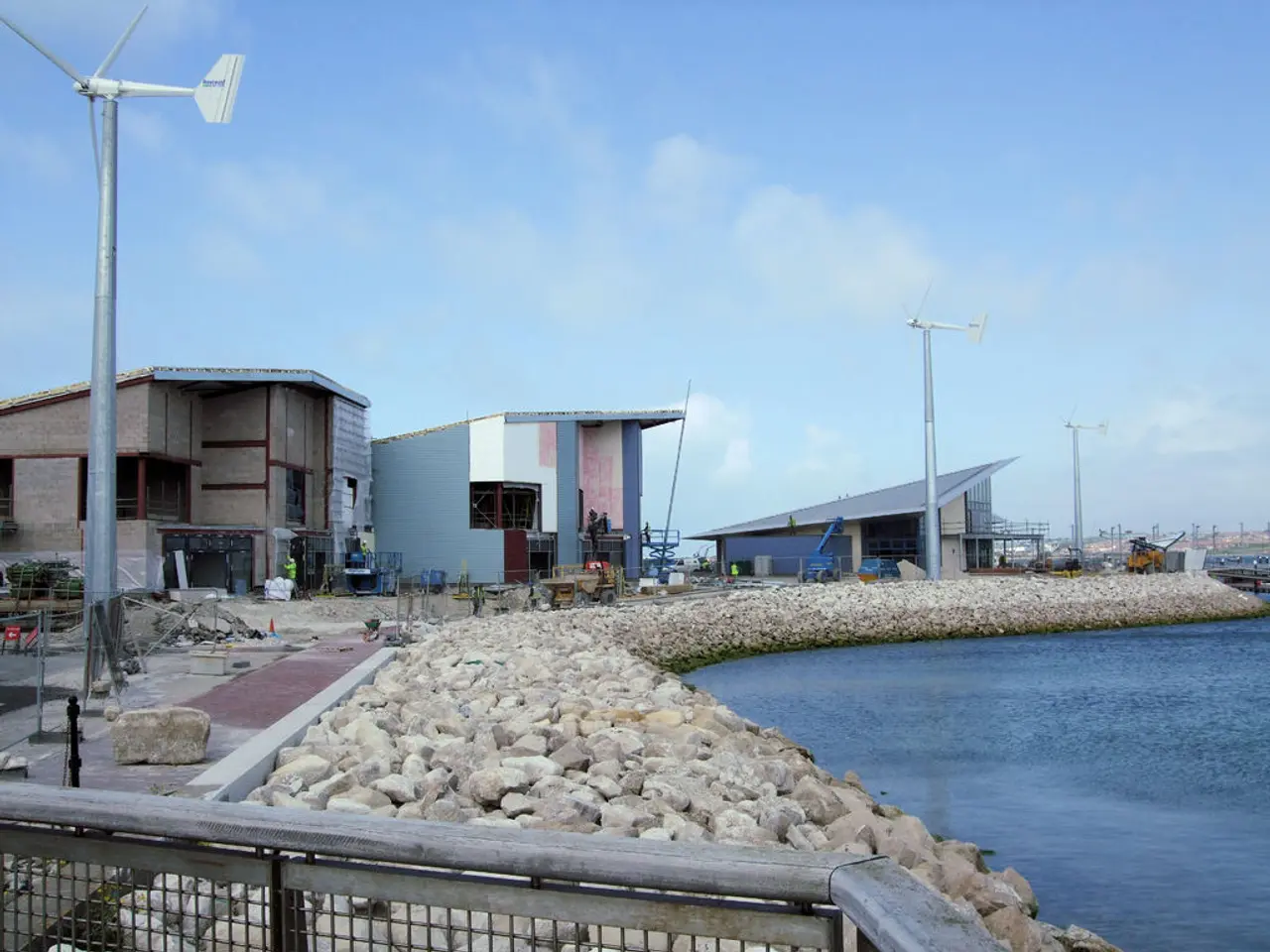IPG Merger Announcement: IPG CEO Philippe Krakowsky's Internal Communication to Employees
Let's Cut to the Chase: Omnicom's Monster Move
The ad world's buzzing after Omnicom's confirmation of its acquisition of Interpublic Group (IPG)! This blockbuster deal, slated to wrap up in 2025's second half, is expected to cause some major tremors in the industry.
With the possibility of challenging WPP and Publicis Groupe's dominance, this merger could create an ad-industry Titan! But wait, there's more...
The union's about to face some hurdles—namely, shareholder and regulatory approval. Remember, Omnicom and Publicis had to abandon a $35 billion merger back in 2013 due to regulatory challenges.
John Wren, Omnicom's Chairman and CEO, will reportedly stay on board, according to a press release. As for IPG, Philippe Krakowsky and Daryl Simm will join forces as co-presidents and COOs of Omnicom.
But what about the nitty-gritty? What goes down in this merger may affect the industry's competitive landscape, cost savings, client relations, and global reach. Let's demystify it all:
Cost Savings, Efficiency, and Global Expansion
This merger might yield a whopping $750 million in annual cost reductions, making the combined entity more profitable and efficient. This consolidation could lead to streamlined operations and better resource allocation.
Plus, the deal has already secured some key regulatory approvals in countries like China, Brazil, and Egypt. This new global presence strengthens the company's ability to cater to clients across various regions.
Industry Implications and Consolidation
The Omnicom-IPG deal might inspire more consolidation within the advertising sector, as companies seek to scale up and cut costs in a tough economic climate. However, this could also draw regulatory scrutiny due to reduced competition.
Despite economic challenges such as tariffs and slower growth forecasts, this strategic move puts the combined entity in a strong position, making it an attractive choice in the ad sector.
Service, Innovation, and Market Competition
The merger could boost innovation and improve service offerings, leveraging the combined capabilities of both Omnicom and IPG. However, the integration process might test the company's ability to maintain quality and innovation momentum.
Ultimately, reduced competition from mergers could affect pricing strategies and innovation in the long term. Regulators will closely watch the deal to ensure it doesn't harm market competition.
In essence, the acquisition has the potential to reshape the industry's competitive landscape, enhance operational efficiencies, and provide a more sustainable platform for clients in a challenging economy. But don't forget, it also carries risks related to integration, regulatory oversight, and potential client attrition.
- The announcement of Omnicom's merger with Interpublic Group in 2025 could potentially create a dominant force in the advertising industry, challenging the dominance of WPP and Publicis Groupe.
- The union between Omnicom and IPG, if successful, could result in an annual cost reduction of $750 million, enhancing the combined entity's profitability and efficiency.
- Financier Daryl Simm will join John Wren, Omnicom's CEO, as co-presidents and COOs of the new holding company, which aims to leverage the combined capabilities of both entities for improved service offerings and innovation.
- The consolidation within the advertising sector, asendangered by the Omnicom-IPG merger, might face regulatory scrutiny due to reduced competition and potential implications on market pricing strategies and innovation in the long term.






